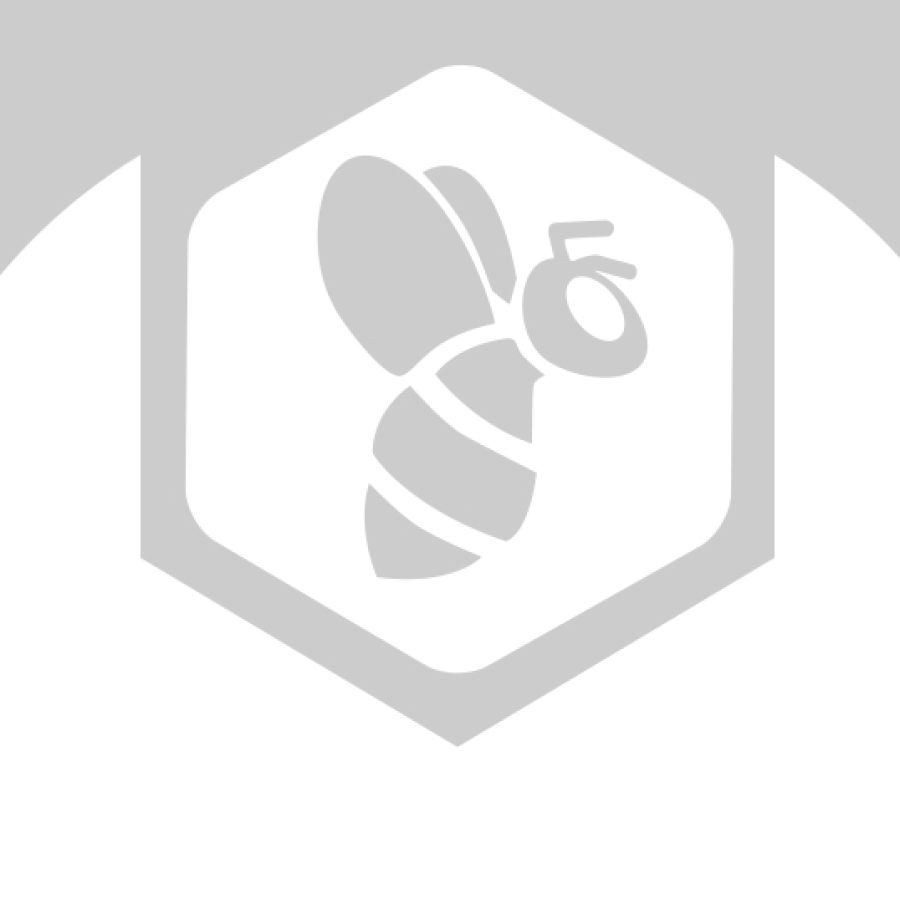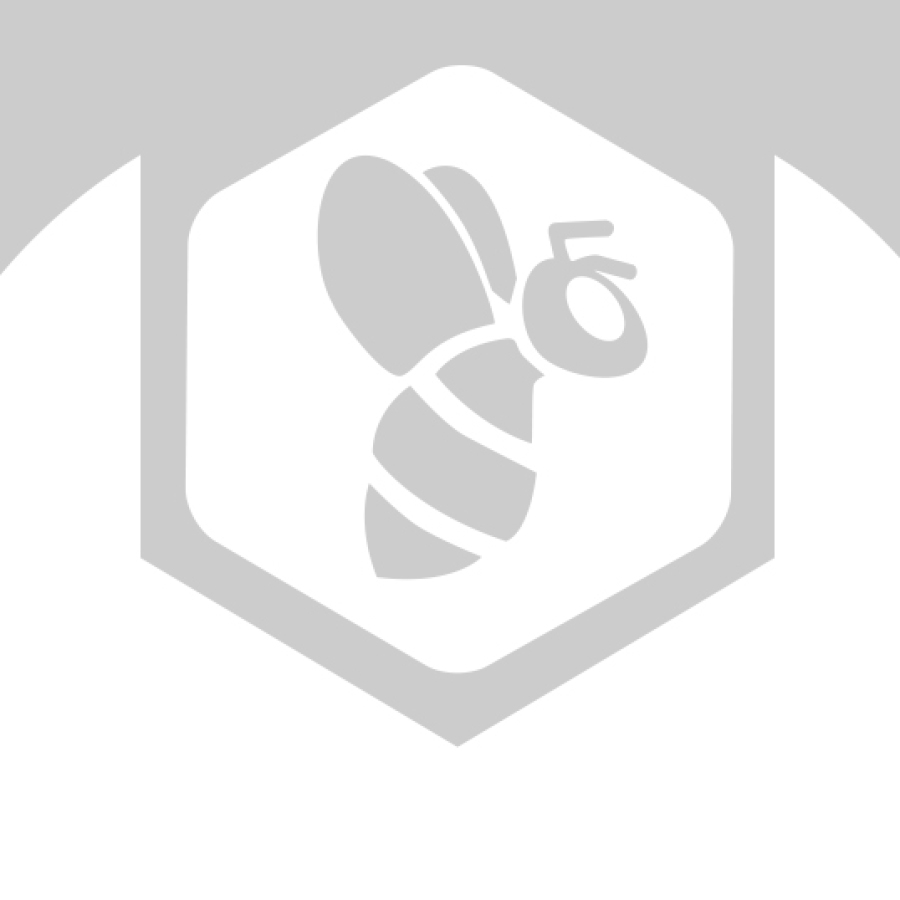Part Two: You can take science out of philosophy, but.....

Image credit: Wikipedia
.....you can't take philosophy out of science.*
INTRODUCTION
In a discussion that was taking place recently on beBee, Ali Anani, Brand Ambassador @beBee wrote; “…the many buzzes that we inspired between us I shall not be surprised to read this chain "A post on a post on a post...." forming" The natural polymer of posts".
A polymer (/ˈpɒlᵻmər/; Greek poly-, "many" + -mer, "parts") is a large molecule, or macromolecule, composed of many repeated subunits. Because of their broad range of properties, both synthetic and natural polymers play an essential and ubiquitous role in everyday life. (Emphasis mine.)
In this case, the chain of posts and discussions have revolved around the topics of self and consciousness. Readers from many disciplines have engaged and contributed to this discussion, reflecting how some topics are not limited to one discipline; especially when the topic is about us and who we are. We are conscious beings. The difference between the personal and the professional me is context. The “who” I am engages with others and the world around me in the same way; it is the situation that changes, not me. So it is not a stretch to discuss who I am, as a conscious being, on social media. It especially makes sense on beBee.

Part Two
In his buzz, Balanced Choices, Ali Anani, Brand Ambassador @beBee provokes us to think of the following quote; "While talking with Mancuso, I kept thinking about words like “will,” “choice,” and “intention,” which he seemed to attribute to plants rather casually, almost as if they were acting consciously.” I responded by saying that I differentiate between choices made by plants, trees, and insects, which provide unlimited insight into how we work, and those choices made by humans. There are many validated studies which prove that plants can "sense" danger and avoid perceived threats. Still, intention is a human quality; and the difference is in the why. When we act solely in the who, what, where, when, and how, we limit our choices. We react or respond but we do not put any thought, any self-reflective thought, into the why.
Dr. Ali encouraged me to explore this further and so, I offer the following for your consideration.
The triadic relationship of will, choice and intention is found within the binary structure of thought/idea and behavior/action. All this falls within the realm of consciousness.
THE TRIAD
1. WILL
The Will, generally, is that faculty of the mind which selects, at the moment of decision, the strongest desire from among the various desires present. Will does not refer to any particular desire, but rather to the capacity to act decisively on one's desires. Within philosophy the will is important as one of the distinct parts of the mind, along with reason and understanding. It is considered important in ethics because of its central role in enabling a person to act deliberately. – Wikipedia
With will, we are able to choose how we behave and act. Will assumes that we are free to choose our behavior. As the determinist approach proposes that all behavior is caused by preceding factors and, as such, is predictable, having will makes us self-determined.
2. CHOICE
Choice involves decision making. It can include judging the merits of multiple options and selecting one or more of them. One can make a choice between imagined options ("What would I do if...?") or between real options followed by the corresponding action. – Wikipedia
There is no such thing as having “no choice”. According to Viktor Frankl:
"Between stimulus and response there is a space. In that space is our power to choose our response. In our response lies our growth and our freedom."
And:
"The last of human freedoms - the ability to choose one's attitude in a given set of circumstances."
Everything we do is a choice; our behavior, actions, thoughts and beliefs. We are more aware or conscious of some choices and less aware of those which are predominately sub- and unconscious.
3. INTENTION
Intention is a mental state that represents a commitment to carrying out an action or actions in the future. Intention involves mental activities such as planning and forethought. – Wikipedia
Intention is something we have to have in mind to do or make happen. It is a conscious process in which we take the time and effort to make happen.
All three are considered mental states, conscious or unconscious, that are then manifested in behaviors. All this is uniquely human as it is a process which transcends the design found in nature to “stay with the program”. In humans, our ability to self-reflect and struggle existentially with why, separates us from all other species.
DISCUSSION
How all this translates into the duality of thought and action then takes on a life of its own in the discussion of Dr. Ali’s buzz, Defining our Definitions. In looking at processes found in nature, Dr. Ali states:
“Salt and water ice are two distinct bodies. Add them together the salt affects the properties of the ice changes such as its melting gets lowered upto -12 Celsius degrees, depending on the amount of salt added. There is no feedback effect in this example and still the authenticity of ice changes. When we "add" men to men they aren't the same as they were before. To what degree they change. Physically, they are the same; emotionally and spiritually they aren't. The more they dissolve in each other, the greater the change is while still keeping the same physical shapes.”
This description led me to respond by saying that, if we look at beliefs, a uniquely human phenomenon that is influenced by and influences the triadic relationship of will, choice and intention, and how beliefs can potentially change from subjective to objective, we can see beliefs, as the ice, change. The more the subjective "dissolves" into the objective, "the greater the change", while we still keep our same physical shape.
And finally, in the course of this discussion, the following exchange took place:
Dr. Ali asks if a new paradox has been created; "We start with uncertainties and hope for reaching definite answers."
SJ suggests that this is more of a process, rather than a paradox.
Dr. Ali asks; “aren't paradoxes processes in reality?”
SJ suggests:
I see paradoxes as the extractions we make when we remove ourselves from the process; we tend to allow a paradox to pull us into extremes. This brings me full circle (pun intended) to the opening discussion of the triadic relationship between will, choice and intention; the realm of consciousness in which this relationship exits. Consciousness, is a process based reality. When we begin to branch out into the duality of thought and behavior, we run the risk of detaching from the process and finding ourselves in places of extremes. Once there, we sacrifice the potential of change. The “simple” moral to this “complex” discussion is; be aware and keep moving.
""
Articles from Sara Jacobovici
View blog
To my dear beBee friends, · As I am (nervously) preparing for my launch, I knew I wanted to make a ...

Even when you say, "The sky's the limit.", you have set a boundary. That's not necessarily a bad thi ...

I am posting this is an “Out of the Comment Box” buzz as I am catching up on the works of some of th ...
You may be interested in these jobs
-

Online COBOL tutor
Found in: beBee S2 IL - 6 days ago
TeacherOn Kefar Sava, Israel Part timeHi, · I'm currently working as a Data Analyst in a bank and want to change my career. · To get the job, I need Cobol expert level. Could you provide complete practical training? How many hours of frontal and exercise are needed? · I completed the book by Michael Coughlan on Cobo ...
-

Chemist - Organic Chemistry
Found in: beBee S2 IL - 6 days ago
IFF Family of Companies Givat-Oz, IsraelRequisition ID : 497067 · Role Description and Profile · The candidate will study key organic chemistry transformations aiming to improve the quality, yield, process safety, and reduce production cost of fragrance ingredients. This may involve the evaluation of alternative raw m ...
-

Inside sales representative
Found in: beBee S2 IL - 4 hours ago
Arrow Electronics Center District, Israel OTHERPosition: · Inside sales representative · Job Description: · Principal Accountabilities · • Manage the overall account relationship by providing strategic service and support to assigned customer base. Maximize margins, gain market share, and drive value added solution selling. W ...
Comments
Sara Jacobovici
6 years ago #3
I appreciate your comment Franci\ud83d\udc1dEugenia Hoffman and your warm invitation (love your incorporation of intent).
Sara Jacobovici
6 years ago #2
I am beyond words Ali Anani, Brand Ambassador @beBee. Thank you!
Sara Jacobovici
6 years ago #1
Dear Ali Anani, Brand Ambassador @beBee, I am honoured and flattered by your comment, your kind and generous words and your wonderful insights. You describe balance perfectly; being able to extract relevant parts from the whole without being pulled into extremes. How I try to maintain my balance is by being grounded; literally, as well as figuratively. By being grounded in a core perspective/foundation, I am able to be in the big picture and see what's out there without drifting from one extreme to another.